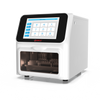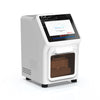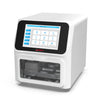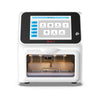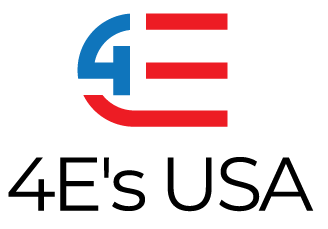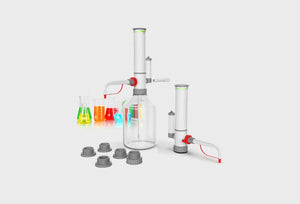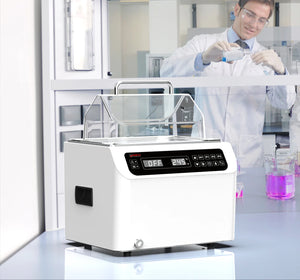Are you working on a diagnostic assay or are you a distributor trying to fill gaps in your laboratory or medical product portfolios? Then you have probably considered outsourcing products necessary for your customers workflow process. The easier it is for education and medical researchers to perform an experimental process, the more likely they will make the initial purchase of your product and reorder supplies and reagents used to perform your process. Most of your customers probably have the basics such as vortex mixers, heating blocks, and pipettes but they all perform differently and may impact the accuracy of the experiment. Four E’s is a leading supplier of private label, white label, and OEM(original equipment manufacturer) devices and consumables. When considering a supplier of laboratory equipment or consumables it is important to consider many factors. All suppliers have their core competencies but the main items to consider are listed below.
- History – It has been said that history repeats itself and experience matters. Well, this is the case when selecting a private label or OEM laboratory equipment supplier. Check to see if the company has a history of supplying the item you require. If they can share references, then that can help increase your confidence of the supplier’s ability.
- Source – It may be surprising, but many private label suppliers do not manufacturer, but actually source the equipment and consumables and then rebrand them for the customers. This can be acceptable because the suppliers buy these items in bulk to obtain the best pricing, but it could be a risk to be aware of if there are issues with the supply chain. Make sure that you fully understand how the product is being fulfilled to mitigate risk.
- QMS – Product quality is another very important consideration when selecting an outsourcing partner. Spending time determining if the supplier has a well-maintained quality management system will pay off in the long run. Ask them to provide details about their quality system, the internal contact managing the system, and if they are ISO certified.
- Innovation – The lab is changing quickly with new technologies being introduced every month. Does the supplier have the ability to keep up with these changes and provide cutting edge supplies to keep you ahead of your competitors? Does the supplier have the ability to update the design quickly if a component becomes obsolete? It is important to understand if your potential supplier can adapt quickly enough to the changing equipment landscape.
These are just a few of the items that should be considered when selecting a private label or OEM supplier. Take the time to obtain quotes from as many vendors as possible and review the proposals side by side to determine what questions need to be asked to each vendor. Obtaining proposals could take a few weeks to a month depending on the complexity of the project so make sure to build this time into your project plan. The cost of the product is important as it can make or break the viability of a project; but it is also important to consider additional aspects aside from the price because of the potential risks. When outsourcing a product to a vendor, it is similar to selecting a business partner as the overall outcome of the project will be dependent on their ability meet the pricing, demand, quality, and product requirements.

